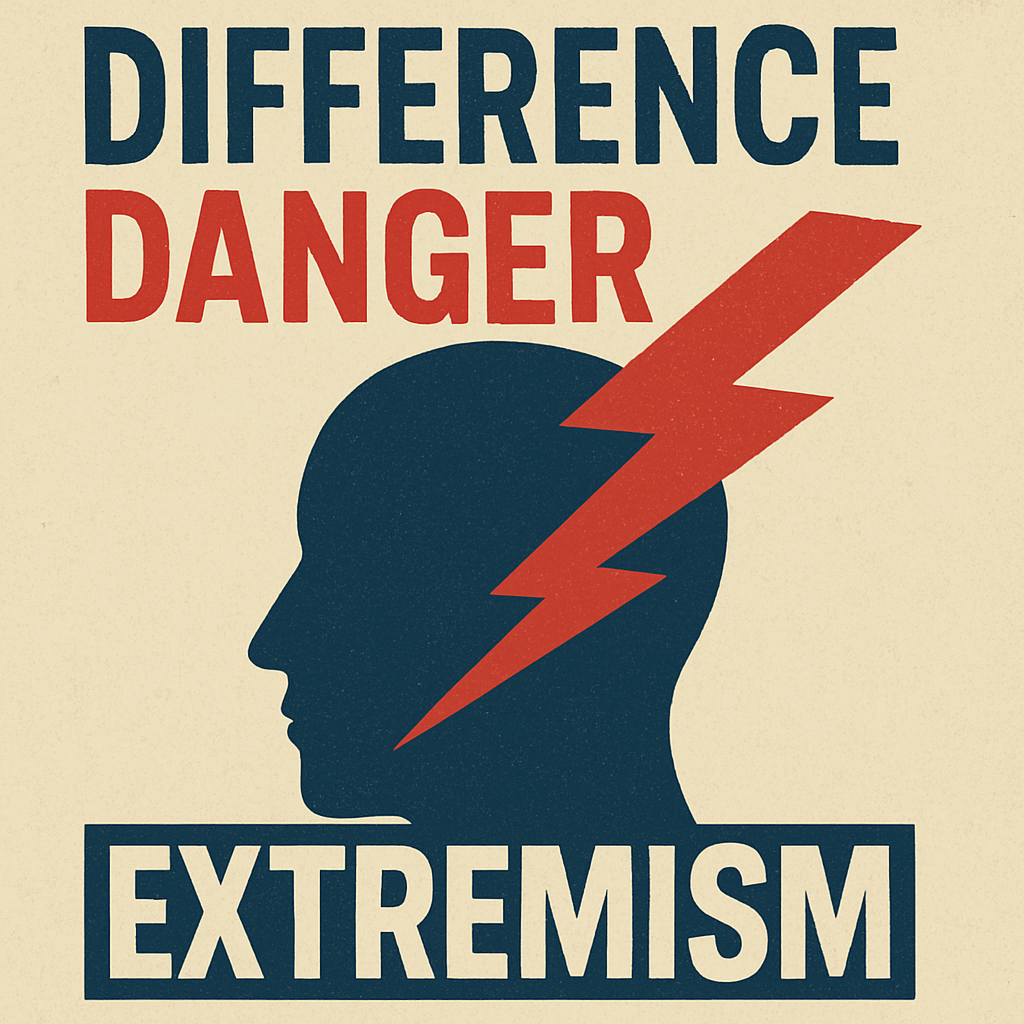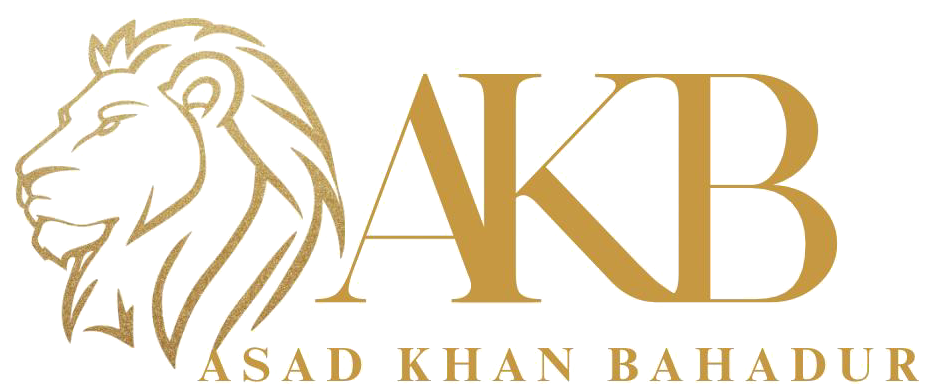
The Weaponization of Language Across Democracies
Germany’s domestic intelligence agency has designated the Alternative for Germany (AfD), the country’s second-largest political party, as a right-wing extremist group, a controversial step that could lead to the organisation being banned altogether.
It has been labelled as extremists—not for violence, but for dissenting ideas.
By recasting nonviolent political difference as a threat, authorities erased the boundary between difference and danger.
1. From Opposition to Enemy:
“The next logical step now clear. Label. Criminalize. Dissolve. Ban.”
- Orwellian Mechanisms:George Orwell warned in 1984 of how regimes use language to eliminate nuance, shifting “war is peace, freedom is slavery” to enforce conformity.
Labeling opponents as “enemies” nullifies the possibility of dialogue.
- Arendt’s Totalitarianism:Hannah Arendt observed that totalitarian movements reduce individuals to mere supporters or opponents—stripping them of unique identity and making them indistinguishable threats when they dissent.
2. Semantic Subversion:
“Words lost meaning. Meaning became determined by those in power.”
- Lakoff on Framing:Cognitive linguist George Lakoff shows how political frames—through word choice—guide public perception.
Rebranding “immigration” as “invasion,” or “protection” as “security,” reshapes reality.
- Chomsky’s Manufacturing Consent:Noam Chomsky illustrated how media collusion with power filters language, presenting certain viewpoints as acceptable.
When dissenting language is forbidden, consent becomes automatic.
3. Criminalizing Identity and Memory:
“Memory itself became extremism. And extremism was punished without mercy.”
- Historical Erasure:Philosopher Michel Foucault argued that power controls not only bodies but histories—erasing inconvenient pasts to legitimize present authority.
- Cultural Memory:Aleida Assmann highlights the role of collective memory in shaping group identity.
When regimes demonize remembrance, they sever communities from their own narrative.
4. Orthodoxy Disguised as Freedom:
“To hesitate was to betray. Dissenters became unpersons.”
- Berlin’s Two Concepts of Liberty:Isaiah Berlin distinguished “negative liberty” (freedom from interference) from “positive liberty” (being one’s own master).
Authoritarian states twist “positive liberty” to demand conformity under the guise of collective will.
- Zygmunt Bauman on Liquid Modernity:In a fluid world, identity becomes malleable. When “liquid modernity” is enforced as orthodoxy, citizens must dissolve into a formless collective or risk exclusion.
5. Resisting Semantic Siege:
- Václav Havel’s Power of the Powerless:Emphasizes living in truth; small acts of linguistic resistance (using forbidden words correctly) chip away at totalizing narratives.
- Rosa Luxemburg:Argued that freedom is always the freedom of dissenters.
Authentic democracy thrives when minority voices are protected, not punished.
When language is weaponized, democracy itself is at stake. Free societies depend on the ability to challenge, critique, and debate. Silence and stigma are the twin tools of tyranny.
Across borders and cultures, reclaim the power of words. Apply Orwell’s vigilance, Arendt’s analysis, Lakoff’s framing awareness, and Havel’s truth-telling.
Democracy flourishes in difference—let us defend it with the vocabulary of freedom.
(Inspired by Eurosiberia latest essay (The AfD and the Ministry of Truth) by Constantin von Hoffmeister)
Post a comment
You must be logged in to post a comment.




